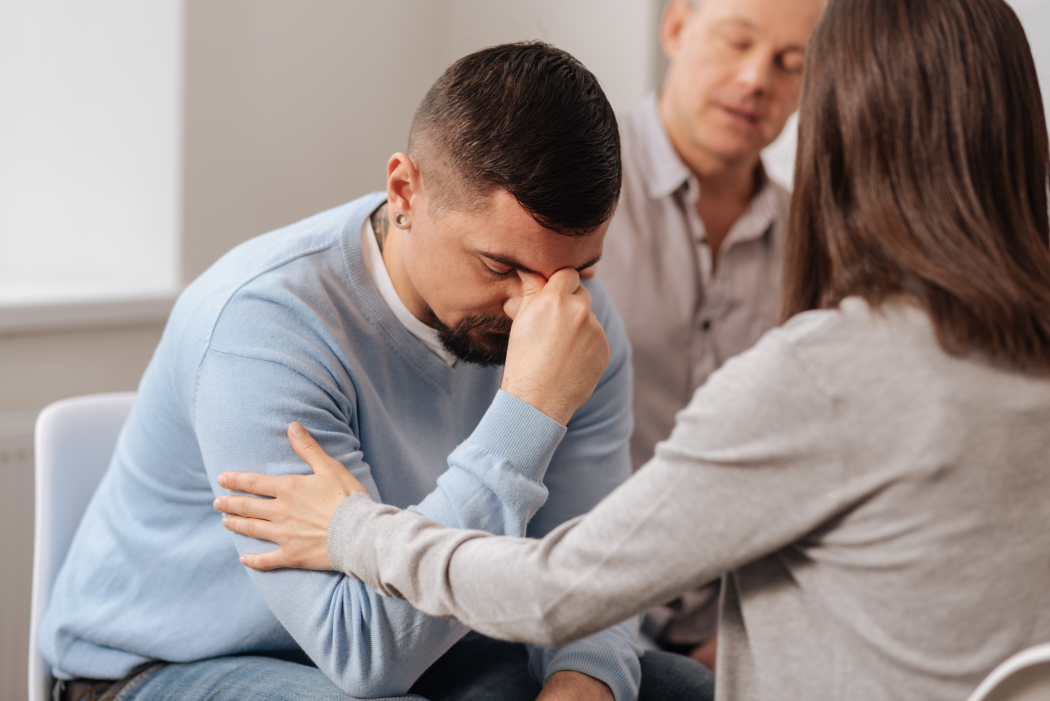Drug induced mania is a serious mental health condition that can have long-term implications. When a person is treated for a medical condition like ADHD or depression, it can cause manic episodes. Drug-induced bipolar disorders may have similar symptoms as conventional bipolar disorders, however it is important to know the distinct features of each and the best treatments to manage the possibility of this side effect. The causes of drug-induced bipolar disorder, an overview of the most common symptoms, different diagnostic techniques used by psychiatrists, as well as the various treatments available to address a diagnosis. Mental health professionals provide insights about how to recognize signs of drug-induced manic episodes when patients are taking certain drugs. It allows patients to know what to do following having a diagnosis that is accurate.

Bipolar disorder is a complex mental health issue that manifests as extreme mood swings that range from depressive episodes to hypomanic or manic episodes. While the exact reasons for bipolar disorder are not fully identified, studies have shown that there are a myriad of factors at play, including genetics, brain chemistry, and environmental factors. Bipolar disorders induced by drugs are a lesser known form of bipolar disease that can be brought on by substance abuse or specific medications.
If Bipolar Disorder symptoms are directly caused by using drugs or medications, this is referred to as Drug-Induced Disorder. Bipolar disorders caused by drugs differ from those that do not involve any substance abuse or medication. Drug-induced Bipolar Disorder is defined by symptoms similar to those of bipolar disorder, but are brought on due to drug use.
Different substances, such as stimulants such as amphetamines like cocaine and ecstasy. As well in steroids and antidepressants and even herbal supplements are linked to drug-induced Bipolar Disorder. These substances can trigger mood swings, hypomanic or manic episodes because they alter the delicate balance of neurons in the brain.
The symptoms of drug induced bipolar disorder are similar to the symptoms of traditional bipolar disorder and may include periods of elevated mood (mania or hypomania) and depression-like episodes. In manic or hypomanic episodes the sufferers may experience an increase in energy, irritability, impulsivity and racing thoughts. They also might not be able to sleep more often, and might engage in risky behavior. Depressive episodes, on other hand, are characterised by feelings of sadness, despair, lack of interest in activities and changes in appetite or sleeping patterns, and thoughts of self-harm or suicide.
The identification of Bipolar Disorder caused by drugs Disorder can be difficult because symptoms can be misinterpreted as a result of the substance in itself. It is crucial to recognize and differentiate bipolar disorder caused by drugs as it requires a distinct treatment strategy. The use of substances should be considered and controlled alongside bipolar symptoms to help achieve stabilization and recovery.
Treatment for drug induced bipolar disorder is usually a mix of psychotherapy, medications, as well as addressing the issue of substance abuse. To treat symptoms and regulate mood changes, mood stabilizers as well as antipsychotics are commonly prescribed. Cognitive-behavioral (CBT) therapy can help people develop coping skills to identify triggers, and then make changes in their lives to facilitate their recovery.
Treatment for bipolar disorder that is caused by alcohol should include addressing the issue of substance abuse. This may involve participation in substance abuse treatment programs, attending support groups, and working with addiction experts in order to tackle the underlying addiction issues. In order to achieve long-term success, it’s important to establish a comprehensive program of treatment that addresses both bipolar disorders symptoms and substance abuse.
You should seek professional assistance when you or someone close to you is suffering from Bipolar Disorder caused by drugs. A mental healthcare professional who has experience dealing with co-occurring issues can diagnose the problem accurately and design a customized treatment plan. Recovery is achievable when you receive the appropriate treatment and support.
Drug-induced bipolar is a type of bipolar disorder which can be caused by addiction to drugs or certain medications. This kind of bipolar disorder need to be distinguished from the traditional bipolar disorders to ensure a proper diagnosis. It is important to understand the nature, causes, and treatment options for drugs-induced bipolar disorder in order to offer the most effective care and assistance. Individuals can achieve stability, recovery, and a better quality of life by following the proper approach, which addresses both bipolar symptoms as well as the effects of substance abuse.
